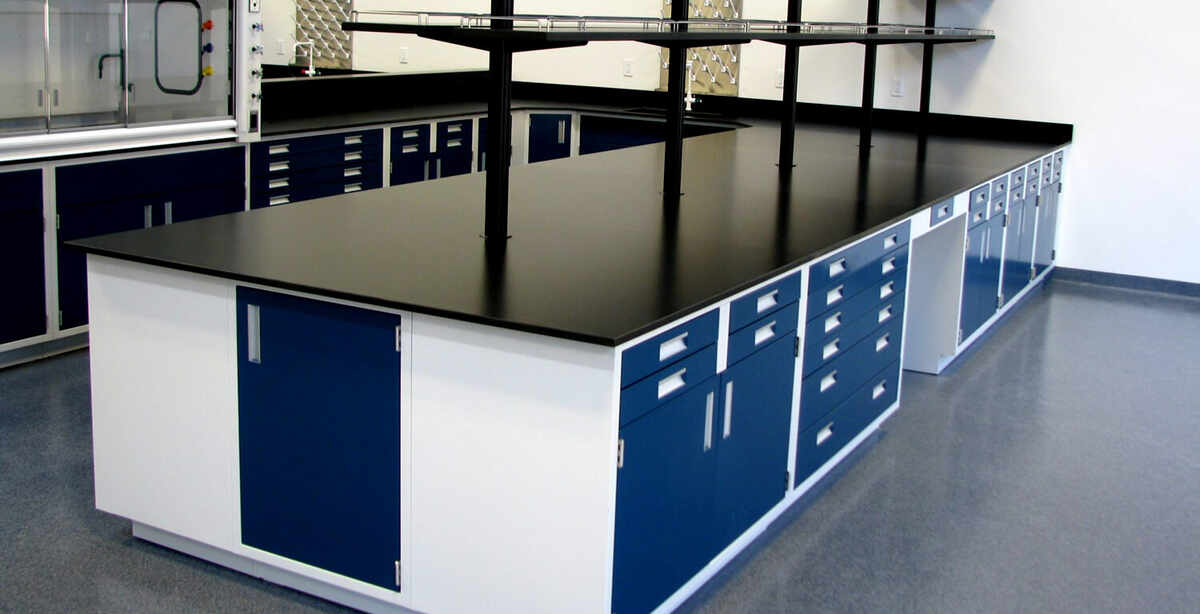The integration of Artificial Intelligence (AI) in Human Resources (HR) has revolutionized how organizations manage their workforce. As AI continues to evolve, its application in HR has expanded from automating mundane tasks to enhancing employee experience, talent management, and decision-making. In this article, we explore how AI in HR is reshaping the workplace by improving efficiency, providing data-driven insights, and creating a more engaging employee experience.
The Role of AI in HR
AI in HR refers to the use of artificial intelligence technologies, such as machine learning, natural language processing (NLP), and data analytics, to automate and optimize various HR functions. These technologies are helping HR teams streamline repetitive tasks, improve decision-making, and create a personalized experience for employees. By leveraging AI, HR professionals can focus on more strategic initiatives, while AI handles routine tasks such as recruitment, payroll, employee feedback, and performance management.
Automating Routine HR Tasks
One of the primary applications of AI in HR is the automation of routine and repetitive tasks. These tasks, though essential, often consume a significant amount of time and resources. AI-driven automation allows HR professionals to offload these duties, resulting in increased efficiency and reduced human error.
1. Recruitment and Talent Acquisition
AI-powered tools are revolutionizing the recruitment process. From job posting to candidate screening, AI systems can analyze resumes, match skills with job descriptions, and shortlist candidates based on predefined criteria. AI-based Applicant Tracking Systems (ATS) can quickly scan thousands of resumes, reducing the time and effort spent on manual review.
In addition, AI can assist with candidate engagement by answering queries through chatbots, scheduling interviews, and even conducting initial assessments. By automating these steps, HR teams can focus on more meaningful interactions with candidates, ensuring a better recruitment experience for both the organization and potential employees.
2. Onboarding
AI also plays a significant role in streamlining the onboarding process. Chatbots, for example, can guide new hires through the company’s policies, benefits, and procedures. AI-driven platforms can personalize the onboarding experience by providing customized training modules and delivering relevant information based on the employee’s role and department.
Automation ensures that new employees are well-informed and comfortable during their transition into the organization. This not only improves the onboarding experience but also accelerates the process, enabling employees to become productive more quickly.
3. Payroll and Benefits Administration
Managing payroll and benefits can be a time-consuming and error-prone task. AI in HR automates these processes, ensuring timely and accurate salary disbursements, tax calculations, and benefits management. AI-driven payroll systems can automatically update salary details, track attendance, and manage deductions based on employee data.
Furthermore, AI can help employees manage their benefits by offering personalized recommendations based on their individual needs. For example, an AI system can analyze an employee’s family situation, health history, and preferences to suggest the most suitable health insurance plan. This level of automation reduces administrative burden and enhances the overall employee experience.
Enhancing Employee Experience with AI
While AI excels at automating routine tasks, it is also enhancing the employee experience by offering personalized support, improving engagement, and providing data-driven insights. The following sections highlight how AI in HR is transforming the workplace experience.
1. Employee Engagement and Feedback
Maintaining high levels of employee engagement is essential for any organization’s success. AI-powered tools are increasingly being used to monitor and enhance employee engagement. For instance, sentiment analysis tools can analyze employee communications, such as emails or chat messages, to gauge overall morale and identify potential issues before they escalate.
AI can also help with the collection and analysis of employee feedback. Traditional employee surveys can be time-consuming to administer and analyze. AI-driven platforms, however, can continuously gather feedback from employees through pulse surveys or chatbots, providing real-time insights into employee satisfaction levels. HR teams can use this data to identify areas for improvement and implement targeted interventions to enhance engagement.
2. Personalized Learning and Development
AI is transforming employee learning and development by delivering personalized training experiences. AI-driven learning platforms can analyze an employee’s skills, performance, and career goals to recommend tailored training programs. By providing personalized learning paths, AI helps employees acquire the skills they need to excel in their current roles and prepare for future opportunities.
Additionally, AI can predict future skill gaps within the organization and suggest upskilling initiatives. This proactive approach ensures that employees stay competitive and ready to meet the evolving demands of their jobs.
3. Performance Management
AI in HR is also making significant strides in performance management. Traditional performance reviews can be subjective, prone to bias, and often fail to provide actionable insights. AI-powered tools, on the other hand, can offer objective performance evaluations by analyzing data from multiple sources, such as productivity metrics, feedback from colleagues, and attendance records.
AI can provide real-time feedback to employees, helping them understand their strengths and areas for improvement. This continuous feedback loop allows employees to make necessary adjustments before formal performance reviews, leading to better outcomes and more constructive conversations between managers and employees.
4. Employee Well-being and Work-Life Balance
Employee well-being is becoming an increasingly important focus for organizations, and AI in HR is playing a key role in supporting this. AI-driven wellness platforms can analyze employee data to identify signs of burnout or stress. These platforms can provide personalized wellness recommendations, such as mindfulness exercises or time management tips, to help employees maintain a healthy work-life balance.
AI can also help HR teams develop and implement well-being programs by analyzing trends in employee health data and suggesting relevant interventions. By promoting employee well-being, organizations can improve job satisfaction, reduce absenteeism, and increase retention rates.
Data-Driven Decision Making in HR
One of the most valuable aspects of AI in HR is its ability to provide data-driven insights that can inform decision-making. AI-powered analytics platforms can process large amounts of data from various HR systems, providing HR teams with actionable insights to improve workforce planning, talent management, and overall organizational strategy.
1. Predictive Analytics for Workforce Planning
AI-driven predictive analytics can help HR teams anticipate future workforce needs based on historical data and current trends. For example, AI can analyze turnover rates, employee performance, and market conditions to predict when the organization will need to hire new talent or implement retention strategies. These insights enable HR leaders to make informed decisions about hiring, promotions, and employee development.
2. Diversity and Inclusion
AI can also assist organizations in achieving their diversity and inclusion goals. By analyzing hiring patterns, promotion rates, and employee demographics, AI-driven platforms can identify areas where the organization may lack diversity or exhibit unconscious bias. This data can guide HR teams in creating more inclusive policies, ensuring that the organization fosters a diverse and equitable workplace.
3. Reducing Bias in HR Processes
AI can help reduce bias in HR processes, such as recruitment and performance management. For instance, AI algorithms can be programmed to evaluate candidates based on skills and qualifications, rather than personal characteristics that may introduce bias. By removing human subjectivity from certain HR tasks, AI promotes fairness and ensures that decisions are made based on merit.
Challenges and Ethical Considerations
While the benefits of AI in HR are significant, there are also challenges and ethical considerations to keep in mind. One of the main concerns is the potential for bias in AI algorithms. If the data used to train AI systems is biased, the outcomes produced by these systems may also be biased. Organizations must ensure that their AI tools are transparent and that their data is regularly audited to mitigate bias.
Additionally, there is the question of data privacy. AI systems collect and analyze vast amounts of employee data, raising concerns about how this data is stored, shared, and used. HR teams must implement strict data protection policies to ensure that employee information is handled securely and in compliance with regulations.
Lastly, the implementation of AI in HR may lead to fears about job displacement. While AI can automate routine tasks, it should not be seen as a replacement for HR professionals. Instead, AI should be viewed as a tool that augments HR functions, allowing HR teams to focus on higher-level strategic initiatives that require human insight and empathy.
Conclusion
AI in HR is transforming the way organizations manage their workforce by automating routine tasks, enhancing employee experience, and providing data-driven insights. From recruitment and onboarding to performance management and employee engagement, AI is enabling HR teams to work more efficiently and make more informed decisions. However, as AI continues to evolve, organizations must address ethical considerations such as bias and data privacy to ensure that AI is used responsibly in the workplace.
As AI becomes an integral part of HR, it is clear that the future of human resources will be defined by a combination of human expertise and artificial intelligence. Together, they will create a more efficient, inclusive, and personalized work environment for employees.












